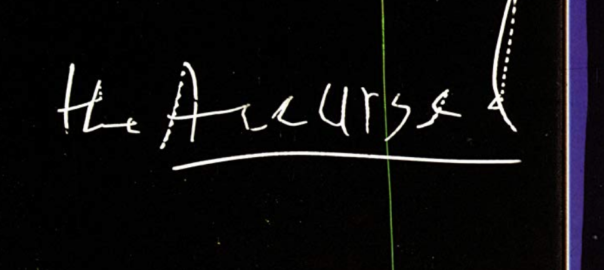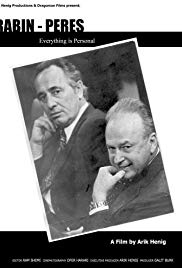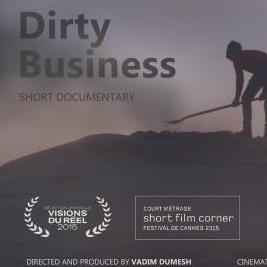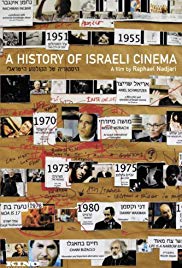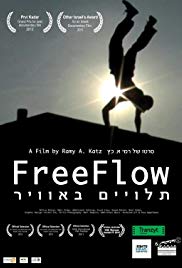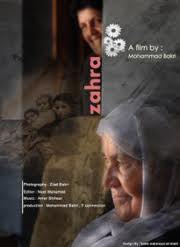The artist Aviva Uri may well have been the most important and influential woman in the history of modern Israeli art. Her relatively late breakthrough in the mid-1970s served to inspire a new generation of artists, who venerated her. It was in these years that Hagai began to document her and her larger-than-life love affair with her elderly husband, the artist Moshe Hendler. Together, they were a tempestuous couple, whose whole life was art. Over the years, however, more and more dark secrets were revealed about Aviva’s life and the price she and those closest to her paid for her total dedication to her art, up until her tragic death.
In the last two years of her life, the poet Yona Wallach suddenly became a public figure. The scandal caused by her poem “Tefillin” had serious cultural and political implications, her poems set to music became radio hits, and the way she dealt with her cancer was covered intimately by the entire media. Hagai met Yona once as an adolescent and was exposed even then to the cruelty and madness so closely associated with her. He returned to her years afterward to document her as she took account of her life and described the love she felt for the young man living with her. Yona speaks the way she wrote and lives, with boundless intensity, intoxicatedly beautiful language, and rare courage.
Series description:
In this innovative new series, Hagai Levi portrays four Israeli cultural heroes who fluctuated between genius and madness. These artists rebelled with rage and scorn at the bourgeois lifestyle and dominant culture, and endeavored to create an avant-garde alternative. The series offers a glimpse into the spirit of Israel in the 1970s and 1980s, a time which seemed to offer one last chance to live an alternative lifestyle. The Accursed investigates the idea of the total artist, examining whether and to what degree we are prepared to pay a steep price for the creative truth burning inside us.
Episode One:
In the 1960s and 1970s, the book “Life as a Parable” had a cult following. Poet Meir Wieseltier said that it had the same “revelatory impact as the launching of the Sputnik into space.” Young people followed Pinchas Sadeh like a prophet, and came knocking on his door in the middle of the night. Hagai, a trouble, self-destructive teen from a religious kibbutz, was one of them. He felt that Sadeh could change his life, and perhaps even save it, so he worked up the courage to meet with him and photographed their encounter on his Super-8 camera. A single knock on the door began a relationship that lasted thirty years, in which Hagai would document Sadeh up until his death. His admiration turned into anger and criticism, though it finally turned into acceptance. Through this relationship he was able to get an intimate look at Sadeh’s total approach to life, at the young women who surrounded him at all times, and at the young people nearest the author, many of whom ended up killing themselves. We come face to face with all the scandals, but also with Sadeh’s books and poems.
Shimon Peres and the late Yitzhak Rabin are undoubtedly the most riveting political duo in the state of Israel. Their relationship knew many ups and downs, mainly downs resulting from the polar differences between the two. One was Israeli born, a prince and general, while the other was a new immigrant, a greenhorn that never lost the foreign mannerisms and accent, until this very day. One was admired, loved by the public, while the other never succeeded at the voting booths, not even once!
Director Arik Henig has served as a journalist and documentarian for the past 25 years , as well as media and political advisor to some of Israel’s prominent leaders. This insider’s access, along with his long professional and personal relationship with Rabin, allowed Henig to create a unique and fascinating portrait of the two legendary Israeli leaders, whose actions and leadership still impact the tumultuous situation of the Middle East.
In a pastoral house on the Israeli countryside live the filmmaker’s grandfather, grandmother, and a big crystal mirror that was taken from a Palestinian house during the Nakba – the depopulation of hundreds of thousand of Palestinians during and after the establishment of the state of Israel in the 1948 war. The story of the mirror is not a secret, but it remains untold. The filmmaker asks why is it that Jewish Israelis cannot address the mirror and others remnants of the Nakba, even when they are placed in the center of their lives? In this short conversation, the filmmaker and her grandparents negotiate the ways to tell the untold, staging an allegory for the position the Nakba takes in the realities of Israeli Jews.
Dirty Business follows the traditional coal industry scattered around Israel and the West Bank and sheds light on economic relations between the two sides.
A History of Israeli Cinema tells the story of the building of a gaze on a society torn by ethnics, religious, and political conflicts. It attempts to understand, to denounce or to explore these complex subjects, always searching for the right ethic, the right form: to explore or transform its own definition and its place in the world. A History of Israeli Cinema is the result of years of research, studies, documentation, screening, interviews, some recorded, some to learn, to understand, to unfold. Actors, thinkers, producers, filmmakers, professors, critics negotiated to build a narrative that remains fragile and incomplete. It is the process rather than the result that is shared here. The first episode (1933 – 1978) starts with the Zionist movement and ends with the first re-visitation of that history. The second episode (1978 – 2005) starts at the beginning of the political wave until the more recent personal cinema. However chronological, both episodes cover most of the genres, themes and periods of Israeli cinema—from the beginning of the Zionist Movement to the most personal stories—from commercial to politically engaged directors, from the local to the universal.
Watch Part 1 here.
Ahead of his father’s release from prison, the virtual reality of the Parkour world in which Avshalom is a super hero, starts to crack. The inevitable upcoming showdown with the man he testified against, is going to dictate his mother’s fate
With touching personal style and breathtaking cinematography, Director Mohammad Bakri tells the story of his 78-year-old aunt Zahara, from the times of pre-state Israel to present, leading the family with love and wisdom through the many trials of life.
Four modern stories of remarkable courage while setting out to uncover the forgotten life of Raphael Lemkin, the man who coined the term ‘genocide’. Inspired by Samantha Power’s Pulitzer Prize-winning book, ‘A Problem From Hell’, ‘Watchers of the Sky’ traverses time and continents to explore genocide and the cycle of violence.
